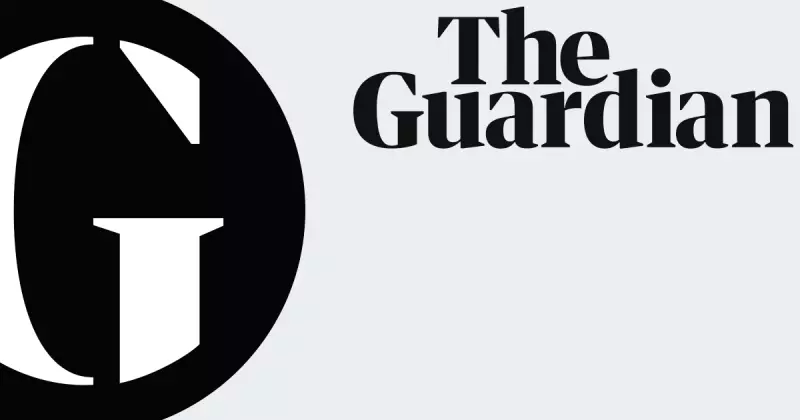
In a revealing display of journalistic accountability, The Guardian has published its latest round of corrections and clarifications, acknowledging several significant errors across its reporting landscape.
Political Reporting Under Scrutiny
The newspaper confirmed substantial inaccuracies in its political coverage, including incorrect figures related to government spending announcements and misattributed quotes from senior political figures. These admissions highlight the challenges news organisations face in reporting fast-moving political developments accurately.
Financial Figures Revised
Economic reporting proved particularly problematic, with The Guardian issuing multiple corrections to financial statistics and market data. The errors spanned from misstated corporate earnings to incorrect GDP growth projections, underscoring the importance of precision when reporting on economic matters that influence public understanding and investment decisions.
Cultural and Arts Corrections
The arts and culture section wasn't immune to factual slips, with several corrections needed for exhibition dates, artist attributions, and historical context in feature articles. These mistakes, while perhaps less consequential than political misreporting, nevertheless matter to the cultural communities being covered.
Why Corrections Matter
Rather than damaging credibility, transparent corrections processes actually strengthen public trust in media organisations. The Guardian's willingness to publicly acknowledge and correct its errors demonstrates a commitment to accuracy that readers should find reassuring in an era of widespread misinformation.
This comprehensive corrections column serves as a reminder that even established media institutions must remain vigilant about factual accuracy while balancing the pressures of 24-hour news cycles and increasingly complex reporting landscapes.





